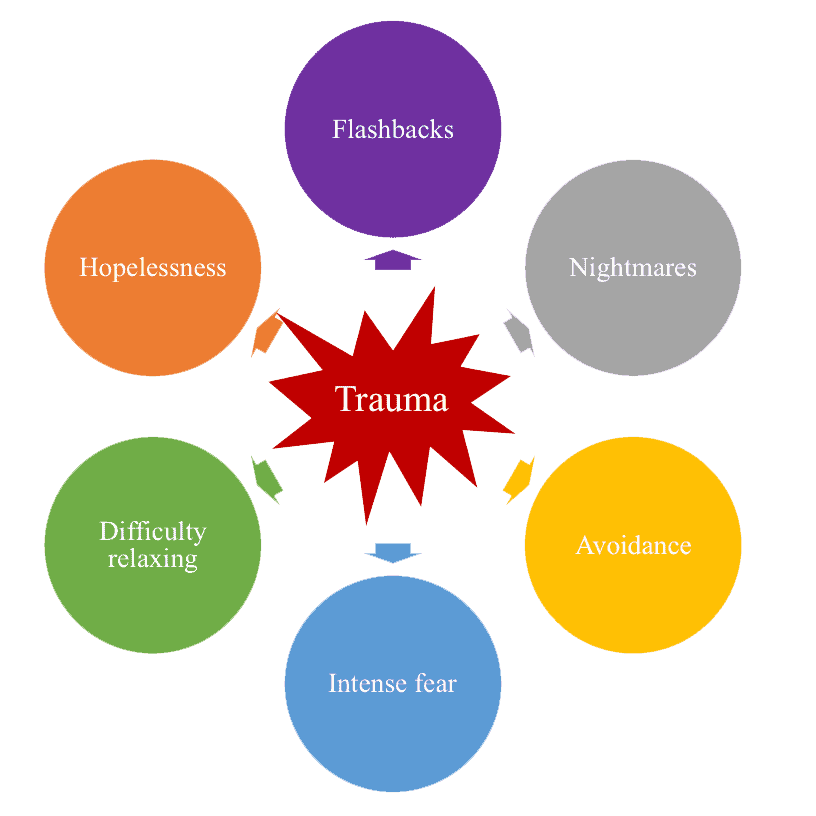
As a master’s student, I was convinced that I wanted to research into the lives of women who had or are experiencing intimate partner violence or domestic violence. You may be wondering why such an area despite the numerous grey research areas available. I say boldly that my personal experiences and intellectual interests captivated me.
Having listened to victims’ stories, used them for my research by giving them a voice, I would think that would be it. One would think I have my thesis already and I can probably forget or move on like that was just a phase that could appear like it was never there. Remember, I mentioned personal experiences, it remains some sort of trauma that has stuck with me since I listened to their stories (this can be both secondary trauma and vicarious trauma).
Wondering why I am writing this, I recently noticed myself slightly changing. I may not be one that is super audible when it comes to issues of domestic violence, IPV, or child abuse, but it remains a painful and significant part of me. The idea that someone who claims to love you (or even a place you call home, which is supposed to be a haven but is not) is the same one who intentionally hurt you is hard to wrap one’s mind around.
As a young girl, I had seen many images of what IPV/domestic violence looks like. From images of battered and bruised individuals to stories that had been told. Trust me, my research interest is valid. Recently, I have become a somewhat angry person when people talk or take likely the issues of violence. To an extent that whenever I see movies with domestic violence/IPV scenes, I take it so seriously that anyone around me would question why I am so serious when it is just a movie. Personally, it goes beyond just a storyline, it is a form of literature, and it cannot be overemphasized that it is a reflection of humanity; our experiences and opinions.
Kudos to everyone out there pushing for justice, recovery, and a sane society via help organizations, non-profits, government organizations, and so on who take walks and talks for this cause. It is with humility that I say this, “I hope you know that the scars and trauma from experiencing violence go beyond taking walks, wearing customized clothing, carrying placards or banners, or sharing even pamphlets. It is intense and immeasurable.” I hope that the next time you want to do any of those, that you deeply have a sense of understanding.
Then again I ask, “What do you know about people who have or are experiencing domestic violence or intimate partner violence or even child abuse?”…think about it.
“We each survive in our own way.”
― Sarah J. Maas


